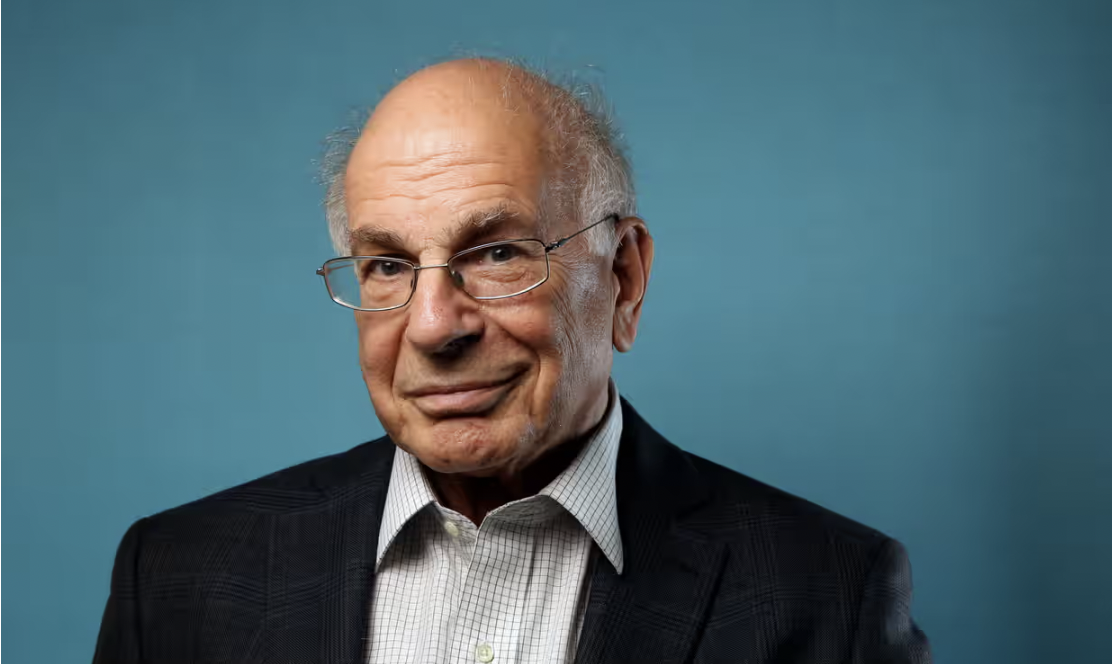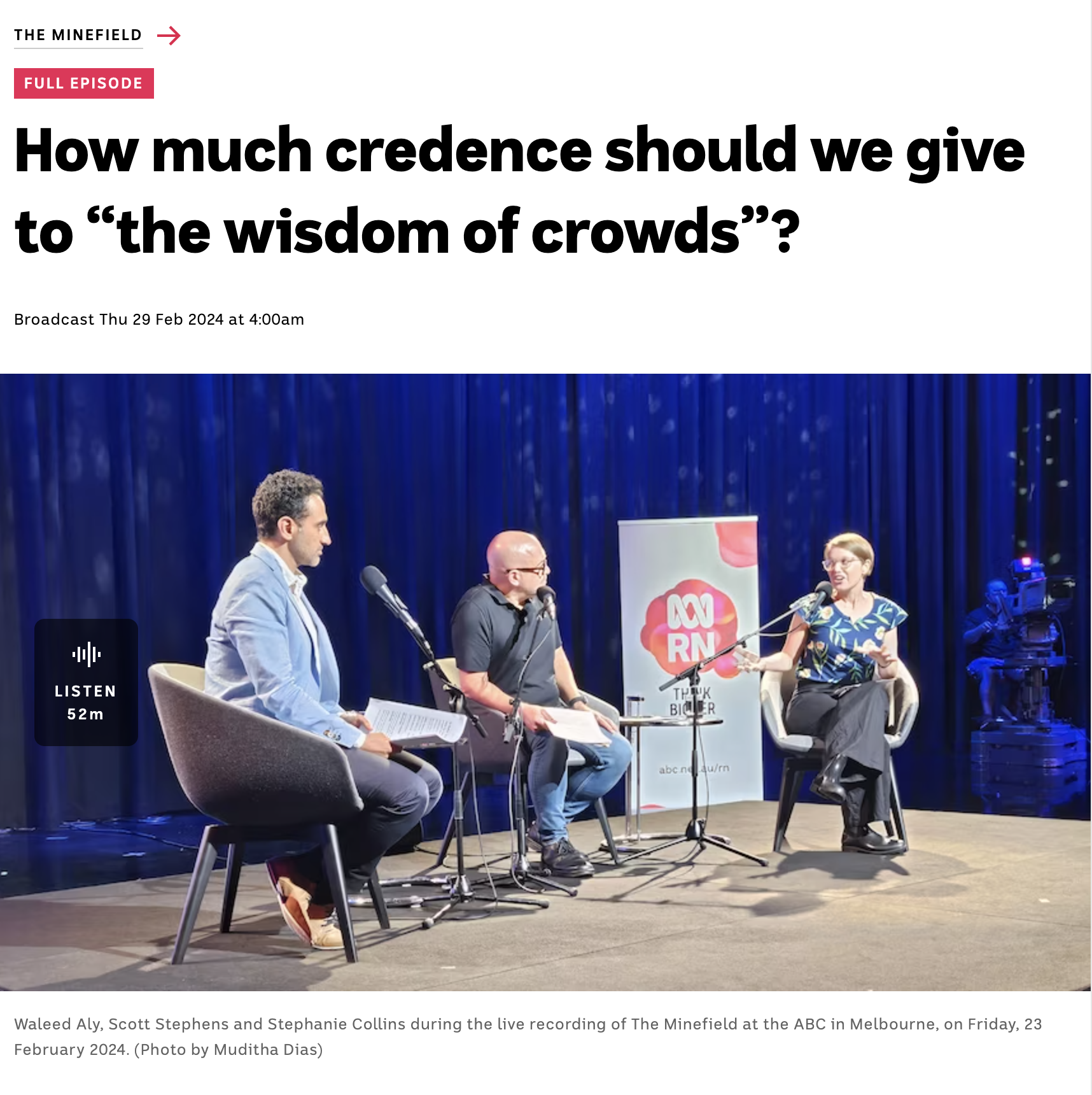How a wise crowd differs from a committee
Choose a committee if you want answers that will satisfy the person or entity that posed the questions (formed the committee). Choose a wise crowd if you want answers that are informed, balanced – and more likely to be right than a committee’s.

AUTHOR: David Court
How a wise crowd differs from a committee
If you’ve ever served on a committee, or perhaps applied to one for an approval – or for funding – you may have wondered how the committee was formed. How were the members chosen? And what were the criteria for selection?
There are no set rules about this. Some committees are selected by a higher body (a board for example) while others are self-selected. If the committee continues in operation for a long period, the members may in turn choose their own replacements. In other cases, members may be chosen by a wider membership (for example, a student body).
A common thread is the idea of members having a confirmed interest in the work of the committee, as well as a particular expertise or other qualification for membership (for example, in a building body corporate, being an owner) and, importantly, being able to get along with the other members.
So, what’s valued in a committee are expertise in a nominated field plus collegiality (everyone getting along) and these are ensured by the selection process.
Now let’s compare a wise crowd.
Expertise is valued just as much as for a committee but expertise in a wise crowd can’t be one-dimensional. Ideally there will be lots of overlapping expertise. So if you’re building a house, not just an architect or builder, but a plumber, a neighbour, a landscape gardener – anyone who can bring relevant knowledge to the task.
Collegiality, however, is not required for a wise crowd. In fact, it may be contra-indicated. Why? Because wisdom requires diversity – inputs from many different points of view. Different sources of information. Different values. Where collegiality wants to smooth all the edges, diversity is happy to work with them.
And the selection process? In a wise crowd, the members must be independent of each other. Not chosen by another member or by a previous member or a higher body. It’s crucial they are not connected – so as to avoid groupthink.
James Surowiecki in his book The Wisdom of Crowds says for a crowd to be wise there must be: ‘Diversity of opinion (each person should have some private information, even if it’s just an eccentric interpretation of the known facts), independence (people’s opinions are not determined by the opinions of those around them), decentralisation (people are able to specialise and draw on local knowledge) and aggregation (some mechanism exists for turning private judgments into a collective decision).’
So which is better? Depends what you’re after. Choose a committee if you want answers that will satisfy the person or entity that posed the questions (formed the committee). Choose a wise crowd if you want answers that are informed, balanced – and more likely to be right than a committee’s.
Related Blogs

By Kylee Ingram
6 min read
How to Make Great Decisions: Insights from 30 Leading Decision-Makers

By Kylee Ingram
3 min read
Thank you to the man who made it all possible Daniel Kahneman

By Kylee Ingram
3 min read
How much credence should we give crowd wisdom?